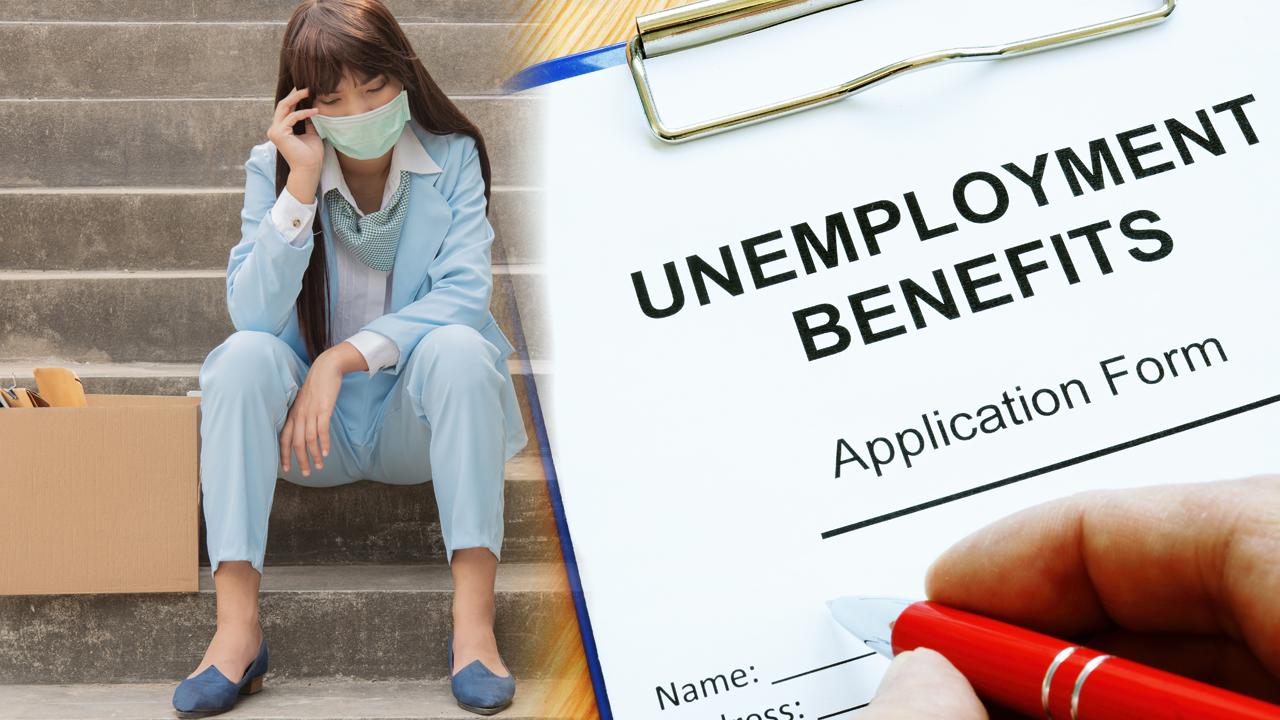US economic recovery hinges on limiting spread of coronavirus, Fed's Kaplan says
Kaplan said efforts to slow the spread of COVID-19 have been 'uneven' so far
The U.S. economy's recovery from the coronavirus pandemic and related lockdown may depend on how successful the nation is in limiting the spread of COVID-19, according to Dallas Federal Reserve President Robert Kaplan.
“If people wear masks widely, if we have extensive testing and contact tracing, if businesses and us as individuals follow good procedure, we’re going to grow faster,” Kaplan said Monday during a virtual discussion hosted by the Money Marketeers of New York University.
WHAT HAPPENS TO YOUR UNEMPLOYMENT BENEFITS IF YOU REFUSE TO GO BACK TO WORK?
Every U.S. state has started the process of phased reopening, rolling back stay-at-home guidelines and allowing business activity to resume. But fears of a resurgence in COVID-19 has sent stocks tumbling in recent days.
Last week, the U.S. surpassed 2 million COVID-19 cases, according to Johns Hopkins University data. More than 113,000 individuals have died from the virus.
US JOB GROWTH ROARED BACK IN MAY: THESE INDUSTRIES SAW THE BIGGEST GAINS
Florida and Texas were among the states that saw coronavirus cases hit a new peak this weekend. In others, including California, infection counts neared their previous highs.
Kaplan predicted that gross domestic product, the broadest measure of goods and services produced across the economy, will plunge by up to 40 percent in the second quarter of the year. But he said it should begin to recover in the second half of the year; he anticipates it will bounce back quicker if consumers and businesses are successful in slowing the spread of the virus. So far, those efforts have been "uneven," he said.
Kaplan made similar comments during an interview on CBS News' "Face the Nation" on Sunday.
"I think what you point out is the health care response at this point is as important as fiscal or monetary policy," he said. "And in particular, it's critical, based on my conversations with epidemiologists, that people widely wear masks, that we have good testing and contact tracing."




















